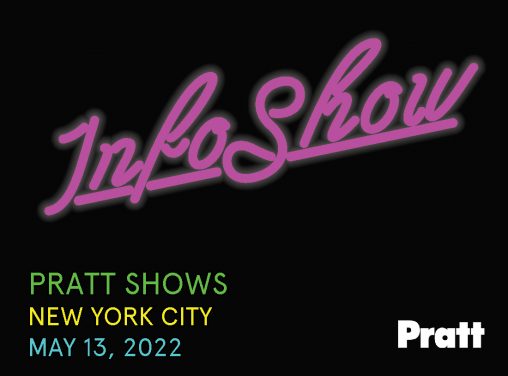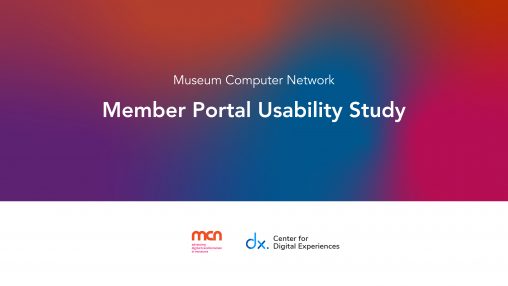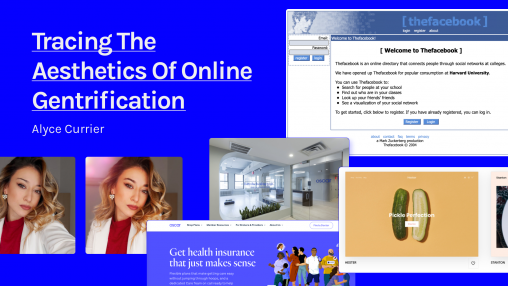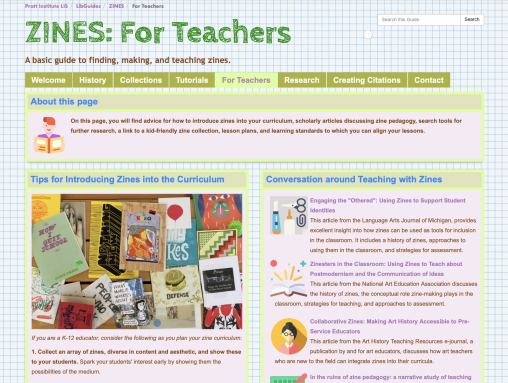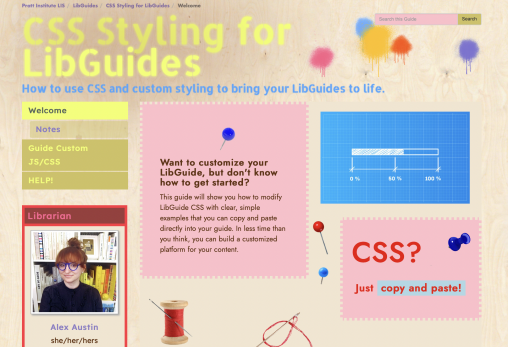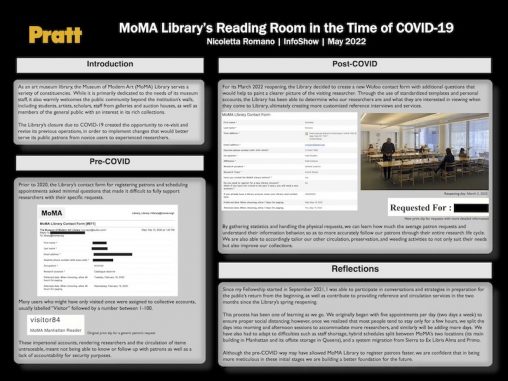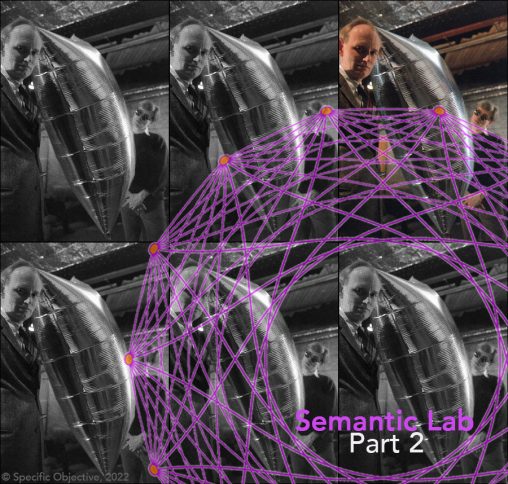Category: 2022Page 1 of 2
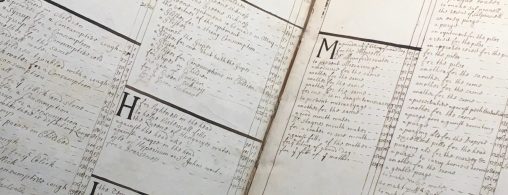
Using Interactive Maps to Visualize the Relationship between Food and Empire in the Early Modern Era
This engaging digital exhibit combines custom interactive maps with 17th-century cookbooks to communicate the concrete relationship between food and empire that fueled the rapid expansion of global trade, expansion, exploration, and extraction in the early modern era.
This eye-tracking usability study evaluated two aspects of the Met’s website that present content is markedly different ways: the interactive Close Look articles and the digital collection experience. As a result, we identified key findings and developed design recommendations which we ultimately presented to the Met’s digital product team.
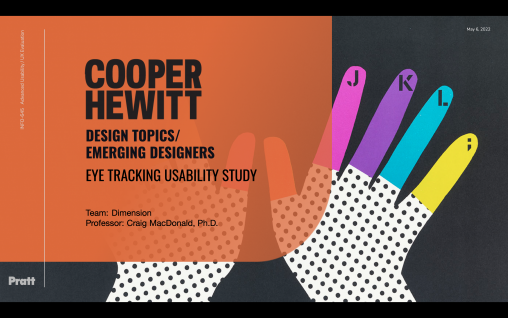
We wanted to understand how Cooper Hewitt museum’s website visitors view the visual hierarchy of the Design Topics and Emerging Designer pages while browsing content on mobile devices. We conducted an eye-tracking usability study with 8 participants and made recommendations to clarify some of the website language and make the site more mobile-friendly.
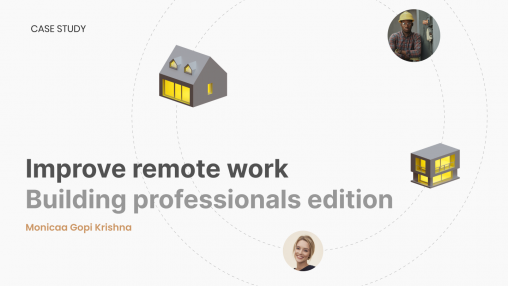
Archaid, an application that aids building professionals to communicate and execute design remotely via Augmented Reality. Archaid allows the users to pin their doubts, instructions, and actions on the site creating individual thread conversation for each pin almost completely eliminating the physical presence of the users on the site.
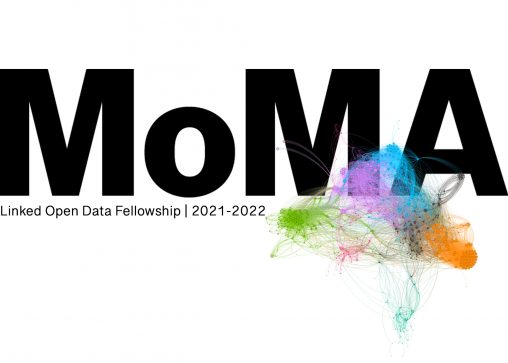
In congruence with the ongoing efforts of MoMA to make its exhibition history available online, the work completed through my MoMA Linked Open Data Fellowship built upon work of previous fellows to model art exhibition event concepts through Wikidata, an open knowledge base, enabling a further reach and connectivity of the institution’s archive and collection data.
One of the many impacts of the pandemic was the necessary shift to virtual and online engagement for museums. While in-person engagement may have returned, these organizations require guidance to improve the experiences of attendees to make sure they are meaningful, engaging, and accessible. The Center for Digital Experiences has worked with select organizations and is building a “playbook” to support this effort.
My final project for Digital Preservation and Curation examined using accessible web archiving tools to preserve hypertext interactive fiction games made with the platform Twine. The project addresses preservation concerns for the Twine format, with an emphasis on Twine’s interactive components, and on capturing the “experience” of a web page.
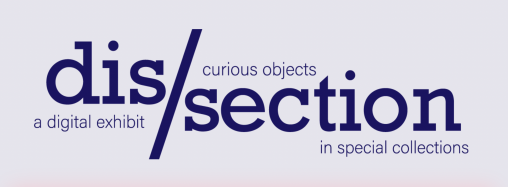
A selection of curiosities from special collections located in libraries across the world, this digital exhibit brings together items whose stories center around the theme of dissection. For the course INFO 689 Rare Books and Special Collections, I curated this exhibit and built the website using HTML, CSS, and JavaScript.
I will be presenting on my past year as a Pratt Fellow in the library at the Met, and will be covering my shared project on digitization and the Met’s Paper Legacy project, as well as my personal project conducting collections assessment with Sierra and analyzing data in Excel.
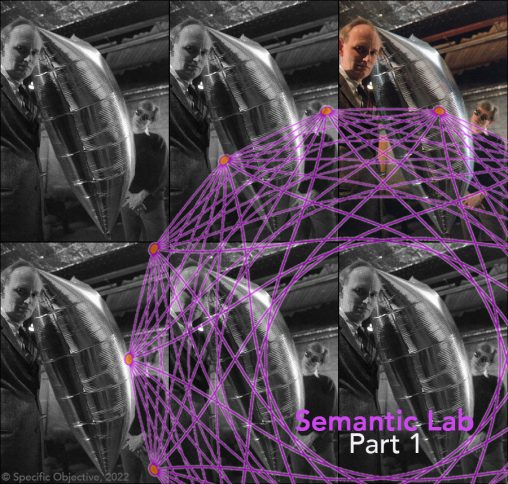
The Semantic Lab has developed several innovative tools to facilitate digital arts and humanities research using linked open data principles and technologies. We will provide an overview of these tools and their applications by featuring use cases from the E.A.T.+LOD Project which focuses on archival documents from the Experiments in Art and Technology (E.A.T.) collection of the Robert Rauschenberg Foundation.
As a Pratt Fellow at the Watson Library I my projects included cataloging donations and sending and receiving bookbindery orders. I also developed an acquisition list of works by women Mexican artists active in the early-mid 20th century. I then ordered and cataloged these books for the Watson Library.
Digital archives systems often swap information encoded as XML. lxml is a Python library that can be combined with another analysis tools to design sophisticated transformations that save time and decrease errors in many digital archives workflows.
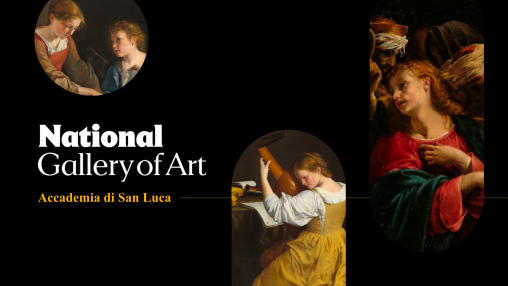
The History of the Accademia di San Luca, c.1590-1635: Documents from the Archivio di Stato di Roma (ASL) is an extensive online research database home to archival materials and documents of the Accademia di San Luca located in Rome, Italy, and is maintained by the National Gallery of Art. The team of four User Experience (UX) consultants conducted seven moderated user tests. The test participants were given a specific list of tasks to follow while navigating the website. Participants encountered usability issues related to navigation, search features, and the map tool throughout testing that impacted their interactions with the ASL website.
